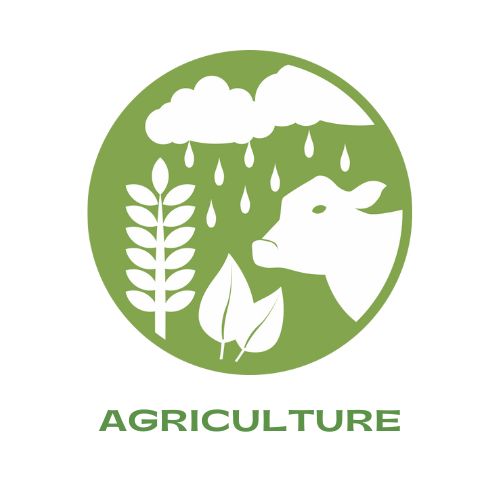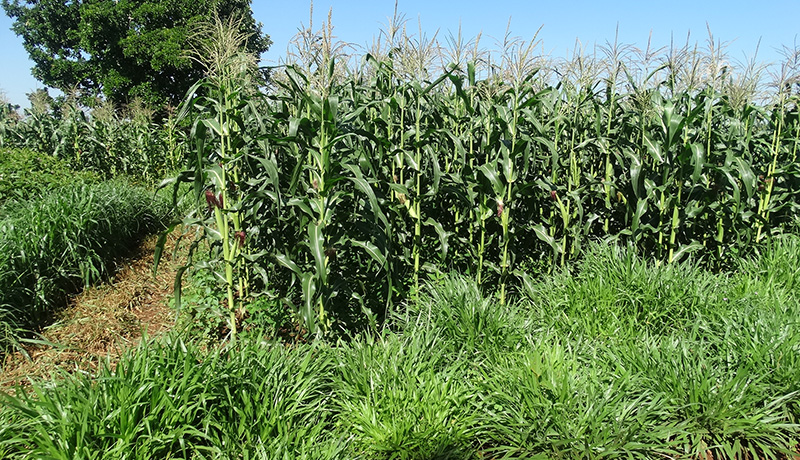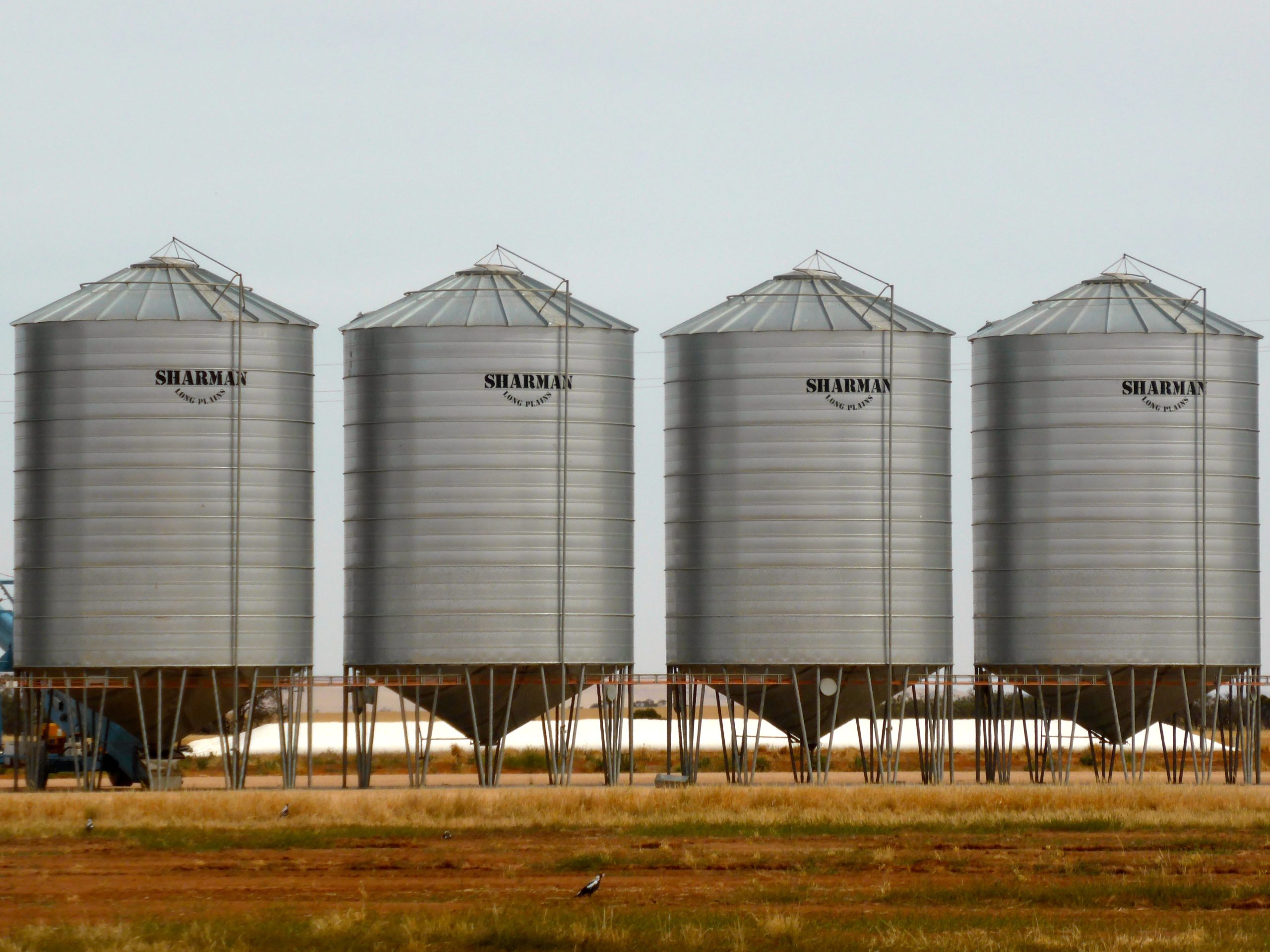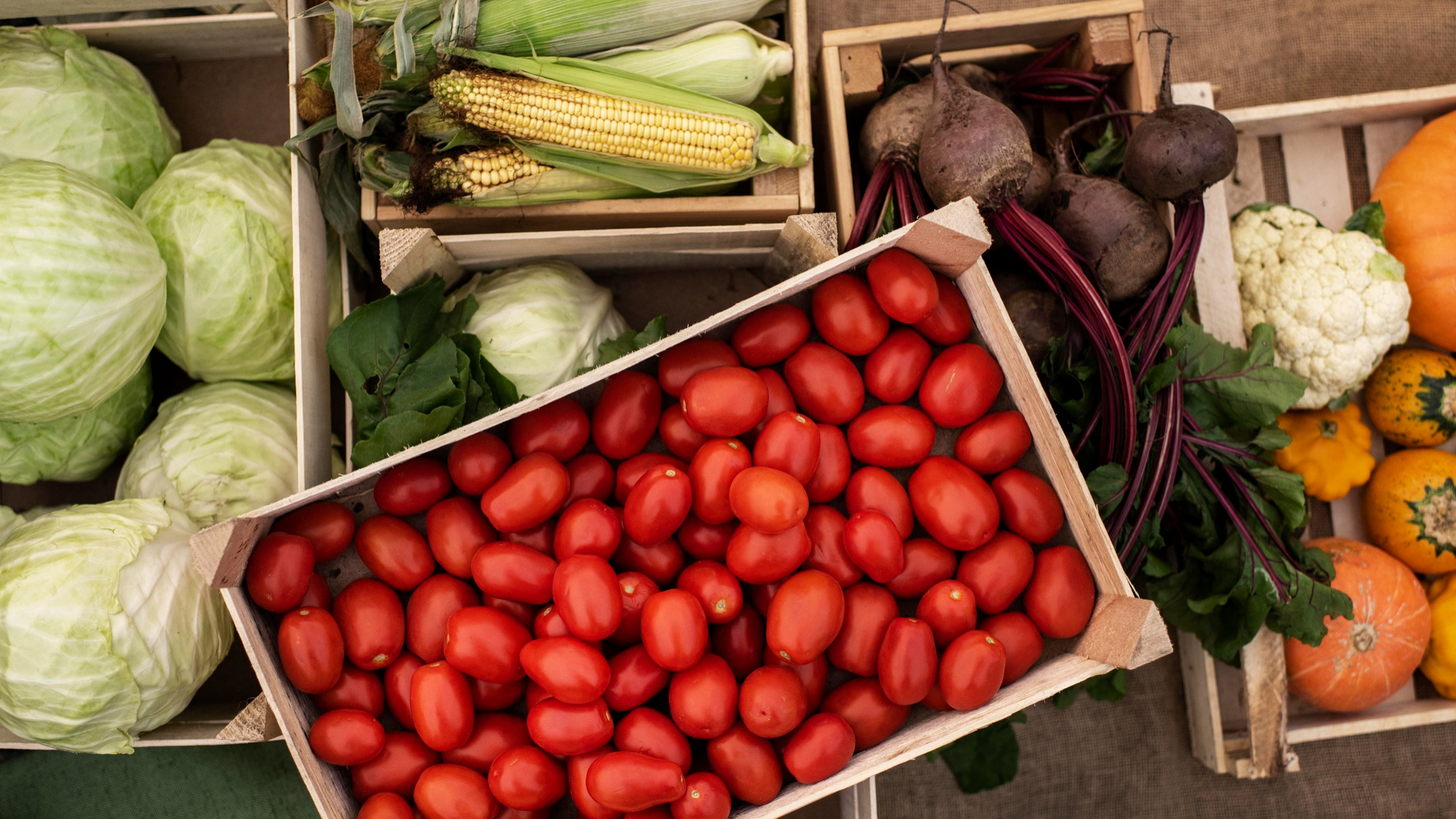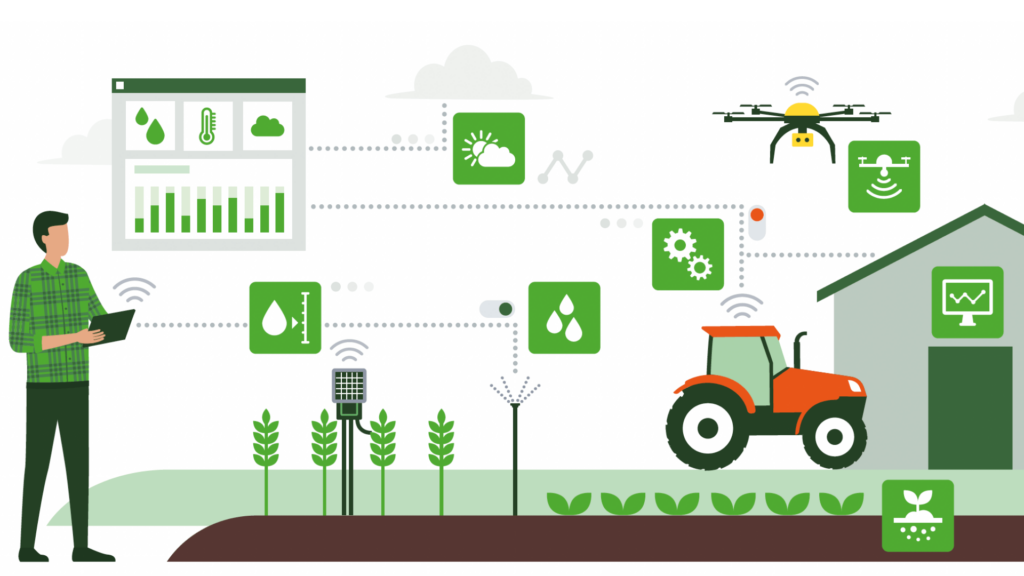Behind the scenes of Kenya’s dynamic agricultural sector lies a community of dedicated scientists tirelessly undertaking vital research to uplift the nation’s farming. Ranging from agronomists decoding the complexities of soil to food technologists revolutionizing preservation techniques, scientists across disciplines are driving innovation in agriculture.
Their groundbreaking work has given Kenya a competitive edge globally in numerous domains, from disease-resistant new crop varieties to sustainable water management models. By shedding light on these change-makers’ contributions, we recognize the sheer impact agricultural scientists deliver in enhancing productivity, resilience, and sustainability.
Here we highlight five such exemplary Kenyan scientists breaking new ground across different facets of agriculture.
Dr. Zeyaur Khan – Pioneer in Sustainable Pest Management
As an eminent entomologist, Dr. Zeyaur Khan’s research has been transformative in advancing environmentally sustainable approaches to manage crop pests in tropical agriculture.
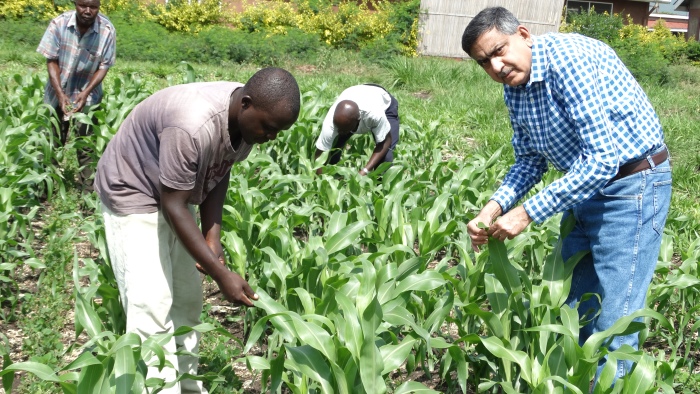
Key Achievements:
- Developed and validated the efficacy of push-pull technology and trap cropping using locally available plants to contain destructive pests like stem borers.
- Elucidated mechanisms of botanical pesticides from neem, pyrethrum and Tephrosia for controlling field and post-harvest pests. His work promotes adoption by smallholders.
- Pioneered integrated pest management (IPM) relying on parasitoids and microbial pathogens as sustainable biocontrol solutions for cereal crop pest suppression.
- Identified and synthesized insect pheromones for use in monitoring and trapping pests as well as mating disruption to reduce pesticide use.
Prof. Ruth Oniang’o – Champion for Nutrition Security
As a leading nutritionist, Dr. Ruth Oniang’o’s illustrious research career has focused on enhancing nutrition awareness, food security and rural livelihoods in Africa.
Key Achievements:
- Her studies validating the rich nutritional properties of African leafy vegetables were instrumental in garnering recognition of their health benefits.
- Pioneered academic programs related to food science, processing and nutrition to build specialized capacity in these fields.
- Founded the Rural Outreach Program which imparts nutrition and food production skills to rural communities, especially women farmers, elevating livelihoods.
- Advocacy efforts were central to the integration of indigenous foods into national policies and nutrition interventions across Africa.
- Distinguished research on pathways to improve household nutrition, food safety and smallholder farmer incomes through agriculture.
Prof. Mathew Dida – Trailblazer in Crop Genetic Engineering
Prof Dida is the team leader of BioInnovate Africa supported project on Striga weed resistant maize and finger millet. He is a Professor of Genetics and Plant Breeding, School of Agriculture and Food Security at Maseno University, Kenya.
Key Achievements:
- Developed transgenic cassava using RNA interference technology that demonstrated high resistance to cassava brown streak disease, saving smallholder livelihoods.
- Identified genes conferring viral disease resistance in crops like cassava, banana and sweet potato. This knowledge enables breeding resilient varieties.
- Investigated the potential of emerging technologies like tissue culture for rapid, true-to-type propagation of disease-free planting material.
- Provided hands-on training programs on plant genetic engineering techniques tailored for African researchers to build specialized capacity.
- Policy engagement to develop science-based biosafety regulations for adoption of useful biotech crops to enhance food security in Africa.
Dr. Hamadi Boga – Driving Banana Productivity
A visionary scientist, Dr. Hamadi Boga pioneered the introduction and rapid multiplication of tissue culture bananas, transforming productivity and livelihoods.
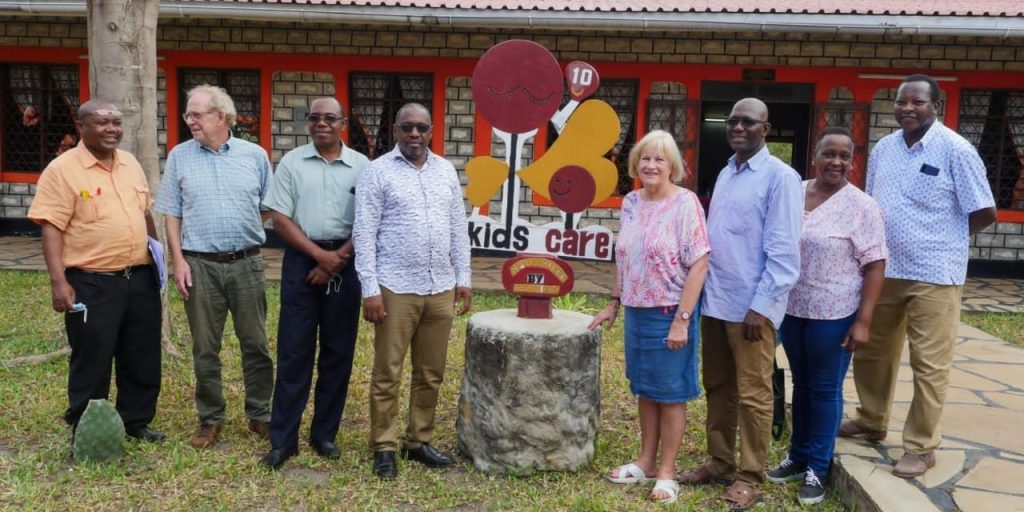
Key Achievements:
- Spearheaded mass production and distribution of disease-free, high-yielding banana varieties like FHIA hybrids and Cavendish through micropropagation.
- Developed protocols for rapid in vitro propagation of banana planting material tailored for smallholder farm needs. This accelerated adoption.
- Research enabling year-round mass production of banana tissue culture seedlings overcoming limitations of seasonality.
- Multi-location field testing and release of improved tissue culture banana varieties combining high yields with disease/drought tolerance.
- Training programs on nursery management and TC technology access enabling farmers to establish their own banana propagation units.
Dr. Nobert Odera – Leader in Livestock Disease Control
A renowned virologist, Dr. Odera has spearheaded impactful innovations to tackle deadly livestock diseases affecting smallholder farmers.
Key Achievements:
- Pioneered thermostable vaccines for peste des petits ruminants virus which causes up to 90% mortality in goats and sheep. The vaccines eliminate refrigeration needs.
- Led the development and commercialization of quick, affordable diagnostic tests for PPR, CBPP, FMD and other major livestock diseases plaguing smallholders.
- His genomic analysis elucidated the origin and evolution of PPR virus from rinderpest, providing crucial epidemiological insights to target control efforts.
- Established open access genomic databases for circulating strains of livestock disease pathogens to help design effective vaccines.
- Provided hands-on training programs on diagnostic techniques, vaccine design and clinical sample analysis tailored for African researchers to build specialized capacity.
Recognizing the Change Makers Who Shape the Future
The contributions of Kenyan agricultural scientists across disciplines – from crop genetics to nanotechnology – serve as the foundation enabling the sector’s continued advancement. But strengthening this foundation requires:
- Increased public and private investment into agricultural R&D to fund laboratories, field trials and commercialization initiatives for innovative solutions.
- Stronger linkages between research institutions, farms and private sector players through collaborative platforms. This facilitates real-world application and feedback.
- Policy initiatives supporting technology adoption by smallholder farmers through subsidized purchases, rural electrification etc.
- Industry and government fellowships enabling young scientists to pursue advanced research and specialized training overseas before returning to lead Kenyan institutions.
- Enhanced intellectual property management for agricultural innovations through streamlined patenting and licensing frameworks. This spurs commercialization.
- Public recognition of exemplary researchers through national awards to inspire youth to view agriculture as an attractive professional avenue.
With such interventions, Kenya can nurture generations of pioneering agricultural scientists upholding the nation’s position as a global leader in the field while also driving local prosperity and food security. The future beckons bright for Kenya’s agriculture, buoyed by the fruits of scientific innovation and brilliance.
#AgriculturalScience #Innovation #ClimateResilience #SustainableAgriculture #FutureOfFarming 🌱🔬🌍
About The Author
Isaac Kiprotich, Agricultural Research Expert
Isaac is an agricultural economist with over 15 years of experience in technology translation and policy formulation. He advises leading research organizations across sub-Saharan Africa on strategies to drive adoption of research innovations. Isaac is passionate about raising the profile of agricultural scientists as change agents.

